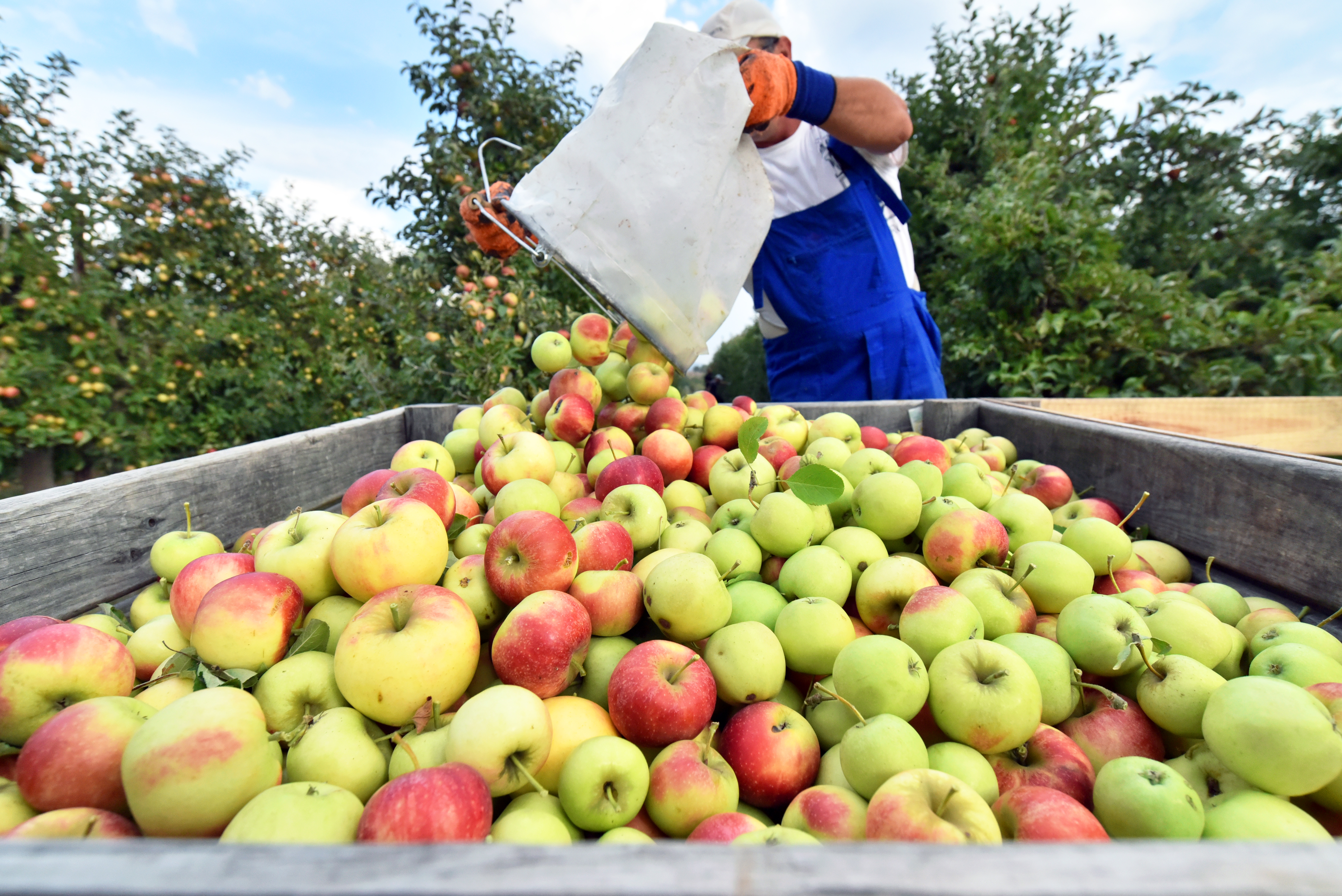In this first in a series of blogs on how transparency is the greatest shield in being an ethical employer, our Head of Product Craig Whitcombe talks about some of the challenges the country is facing and how due diligence will be key to preventing, mitigating, and providing a remedy for worker exploitation.
As a country, New Zealand is faced with a convergence of challenges with regard to our labour supply. Some are unique to New Zealand horticulture some are faced by us all regardless of sector.
Last week I had the opportunity to outline an approach that some of our leading, innovative employers in the industry are taking that meet some of these challenges at the Regional Seasonal Employer (RSE) conference.
It was the second time I had presented at an RSE conference, the first about three years ago in Vanuatu when the then Immigration Minister Iain-Lees-Galloway’s challenge to the sector to “Take greater responsibility for supply chains and labour contractors to help stamp out migrant exploitation”.
We had the case of Joseph Matamata making headline news for human trafficking and slavery. And we learned from a 2018 report by the modern slavery index there is an estimated 40 million people in some form of slavery with 3000 victims in NZ (the latest report will come out this year, but sadly the numbers are expected to be worse, not better).
And prior to that conference, AskYourTeam was commissioned by NZ Apples and Pears, and a handful of innovative employers representing about 2500 – 3000 workers in Hawkes Bay to come together and co-design a survey to be run across RSE, seasonal, and kiwi workers.
These employers are great employers. But they wanted to know, and they wanted to be able to prove they were ethical employers. Because it doesn’t matter how good you are as an employer, the policies, processes you have in place, the relationships with staff, your large or small – often your biggest problems are those you don’t know about.
There is a growing awareness and importance of worker wellbeing. At the same time, we are seeing increasing adoption of, and strengthening of, modern slavery legislation in our key markets around the world and domestically.
We hit the pause button over the last couple of years as we were prioritising the management of COVID-19. But this year these same businesses have come together with a bunch of new ones to run the program again using our Ethical VOICE Worker Wellbeing Due Diligence Platform (DDP).
There is a growing awareness and importance of worker wellbeing. At the same time, we are seeing increasing adoption of, and strengthening of, modern slavery legislation in our key markets around the world, and domestically Minister Michael Wood released a plan of action against forced labour, people trafficking, and slavery. The government is also seeking to adopt Modern Slavery legislation. The NZ proposal goes further than what other countries have in place. It will place obligations on all businesses to conduct due diligence to PREVENT, MITIGATE and REMEDY modern slavery and worker exploitation in our businesses and supply chains.
In our key markets internationally, they’re looking to strengthen their legislation the same way. Some of our biggest buyers of goods are also demanding transparency around worker wellbeing. Obliging our biggest customers to conduct due diligence on human rights in their supply chains.
Finally, and not surprisingly, it’s becoming increasingly accepted that existing social practice audits are limited in their ability to meet these new Due Diligence demands. The small sample, face-to-face audits, once per year have their flaws that cannot provide the level of transparency or value to the businesses that run them. It’s worth noting here that we’re progressing discussions with certification bodies who conduct social audits about the potential for worker voice solutions to be incorporated or offered as part of their social audit practices.
So, these challenges are coming at us at the same time. How do we tackle these challenges and be able to argue that we will eliminate exploitation, deliver worker wellbeing, enhance the value of the RSE scheme to the islands, attract and retain staff – and be able to prove we’re doing so?
Find out more about our Ethical VOICE Due Diligence Worker Wellbeing Platform.

